Traveling with small footprints: A guide to eco-tourism
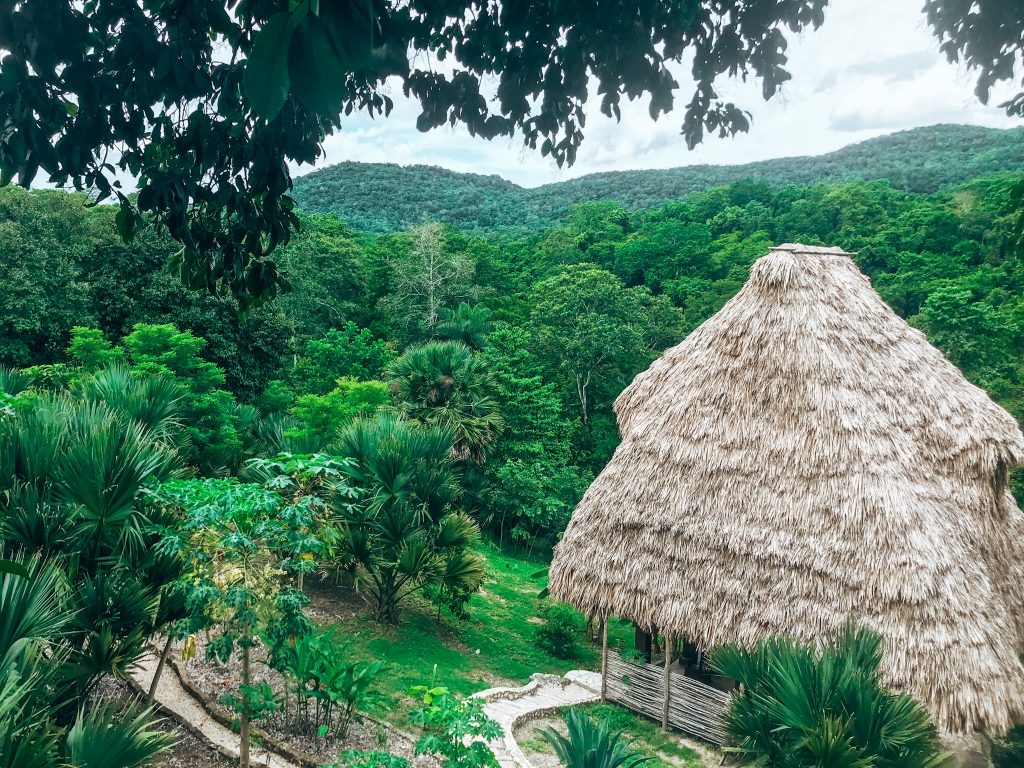
Eco-tourism has been rapidly growing in popularity over recent years. There are now eco-friendly stores, eco-lodges, vegan restaurants, and sustainably made products in almost every major travel destination. It is the responsibility of travelers to be mindful of their impact on the environment and make informed decisions while exploring our beautiful planet.
But what exactly is eco-tourism and why is it of so much importance to travelers?
While there are many positive impacts of tourism such as job creation, income for the local economy, and increased demand for local goods and services, there can also be many negative effects of tourism. Irresponsible tourists can damage the environment by littering or failing to respect and preserve the natural landscape. Tourism can cause shops to be stocked with items catering to tourists rather than local necessities, putting a strain on already scarce resources such as energy, water, and food. Large numbers of visitors can result in an increase in pollution and soil erosion putting animals, the environment, and the livelihood of locals at risk. Sustainable tourism aims to prevent these problems from happening.
Tourism players such as hotels, tour operators, airlines, cruises, and tourists themselves, must take steps to minimize the negative effects of tourism and maximize the positives. To help push efforts in the right direction, there are three guiding principles for sustainable tourism: environmentally friendly practices, protection of natural and cultural heritage, and support for local communities.

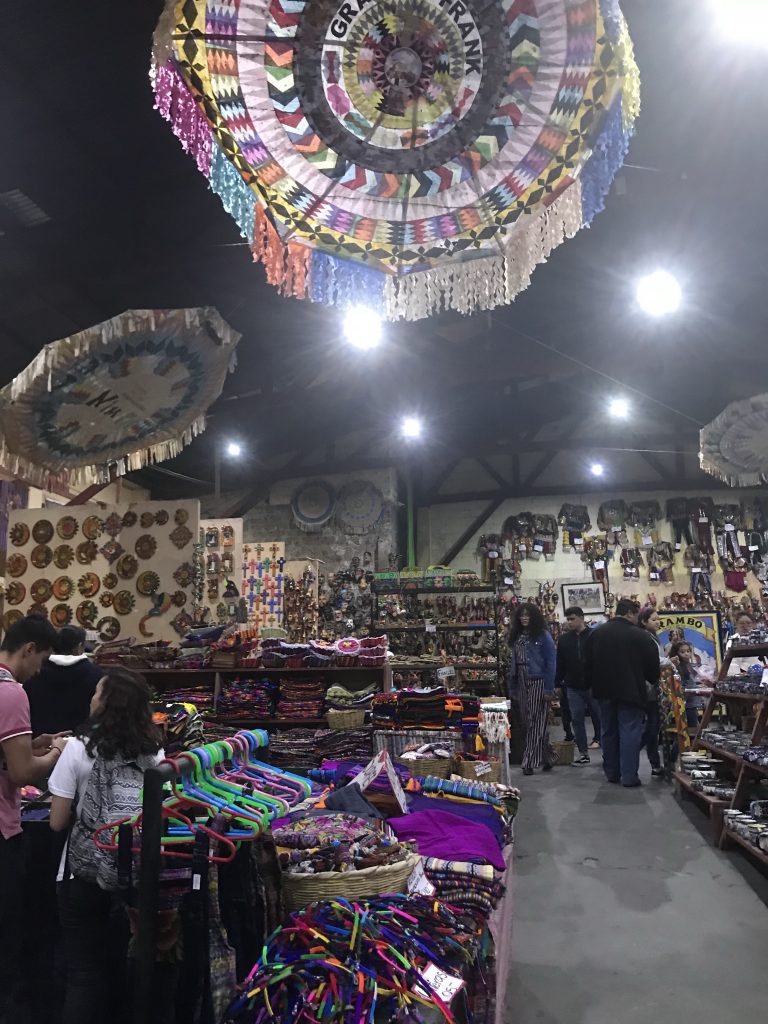
Environmentally friendly practices
Being an eco-friendly traveler means implementing practices like reducing the use of plastic and waste. Here are some ways to implement this while traveling:
- Use a BPA free water bottle.
- Take reusable containers with you to transport or store your food rather than using wasteful packaging.
- Pack light and focus on function over fashion. For example, pack clothes with neutral colours that pair easily with other items, or pack a sarong to function as a beach towel, skirt, scarf, and more. Packing smart will make you less likely to throw things away or get sick of your existing items.
- Hand wash and air-dry clothes to reduce water usage.
- Many beauty and cleaning products contain harmful chemicals that, when washed down the drain, damage the local ecosystem and marine life. Responsible tourism means using environmentally friendly sunscreens, bug sprays, soaps, shampoos, and laundry detergents — check the labels before you buy.
- Some ingredients to watch out for are:
- Phosphates: These can create algae blooms in freshwater. These, in turn, use up the oxygen available for aquatic life. Nutrient loading with phosphate can lead to eutrophication, a process by which a freshwater aquatic ecosystem slowly dies due to continual oxygen depletion.
- Surfactants: Surfactants, or surface-active agents, are chemicals that reduce the surface tension of oil and water. In a freshwater environment, surfactants break down the protective mucous layer that coats fish, protecting them from parasites and bacteria. The reduced surface tension of water also makes it easier for aquatic life to absorb pesticides, phenols, and other pollutants in the water.
- Parabens: A paraben is a chemical found in the majority of beauty products. Parabens are known to disrupt hormone function, an effect that is linked to increased risk of breast cancer and reproductive toxicity. These effects can be damaging to animals as well.
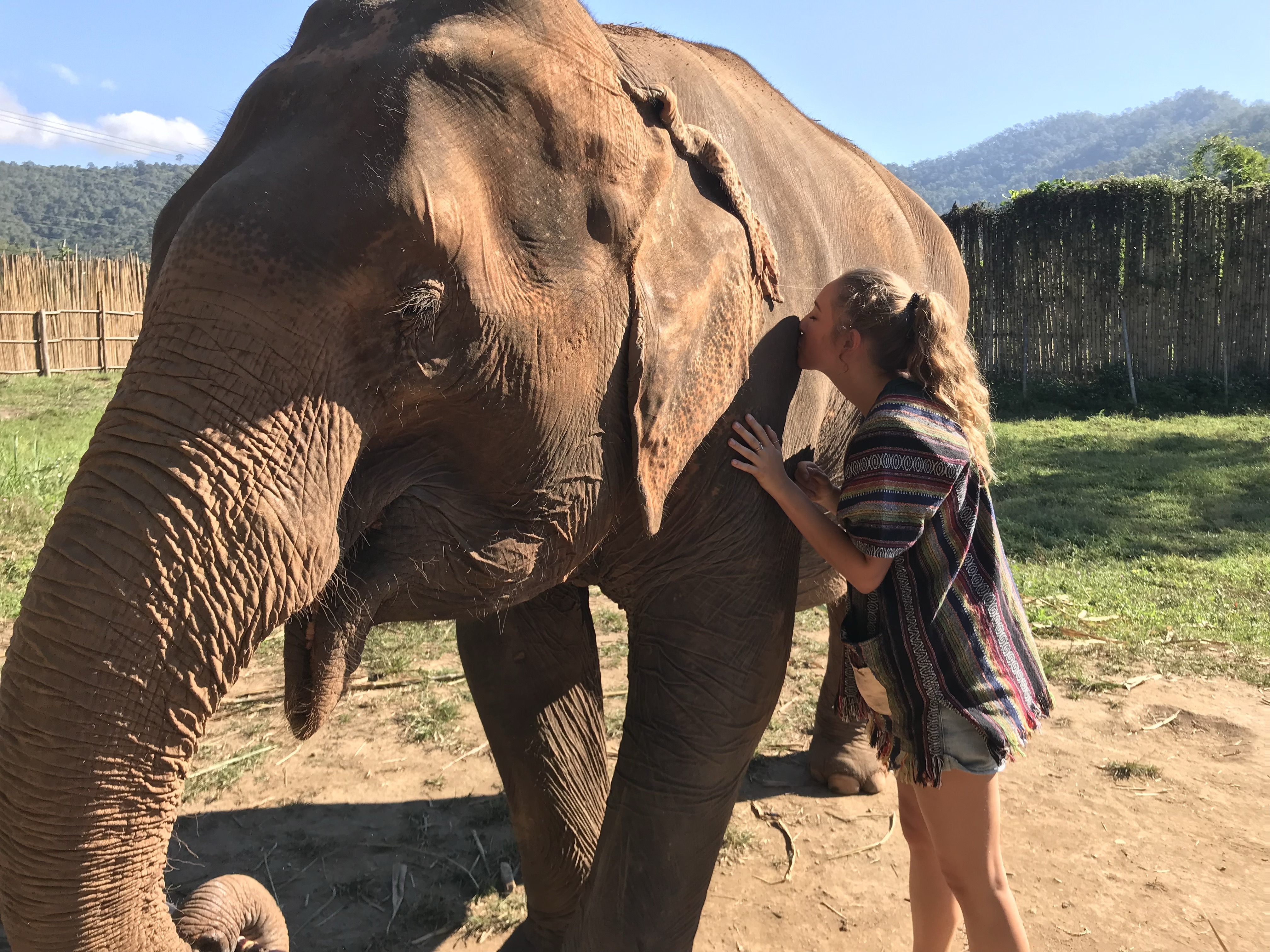
Protection of natural and cultural heritage
Travelers can help protect the natural and cultural heritage by supporting the preservation of rich ecosystems like rainforests, as well as historic sites like archeological ruins. Fees for admission, guided tours, and other services typically go towards maintaining and restoring the site. Not only are these funds providing financial help, but by visiting these natural and cultural sites you are also enriching your experience by learning about and appreciating the various aspects of the destination you’re in.
When choosing activities while traveling, it’s important to do your research and ensure the organization you are supporting is using its money appropriately and for a good cause. Opt for sites and projects that prioritize giving back to the local community, environmentalism, or wildlife conservation in a sustainable way. This also goes for choosing accommodation, where eco-friendly lodges make conscious decisions regarding waste management, building with eco-friendly and recycled materials, managing amounts of water consumption, sourcing local and organic food for their restaurant, and using eco-friendly cleaning products. Also, try to look for places that use little to no plastic.
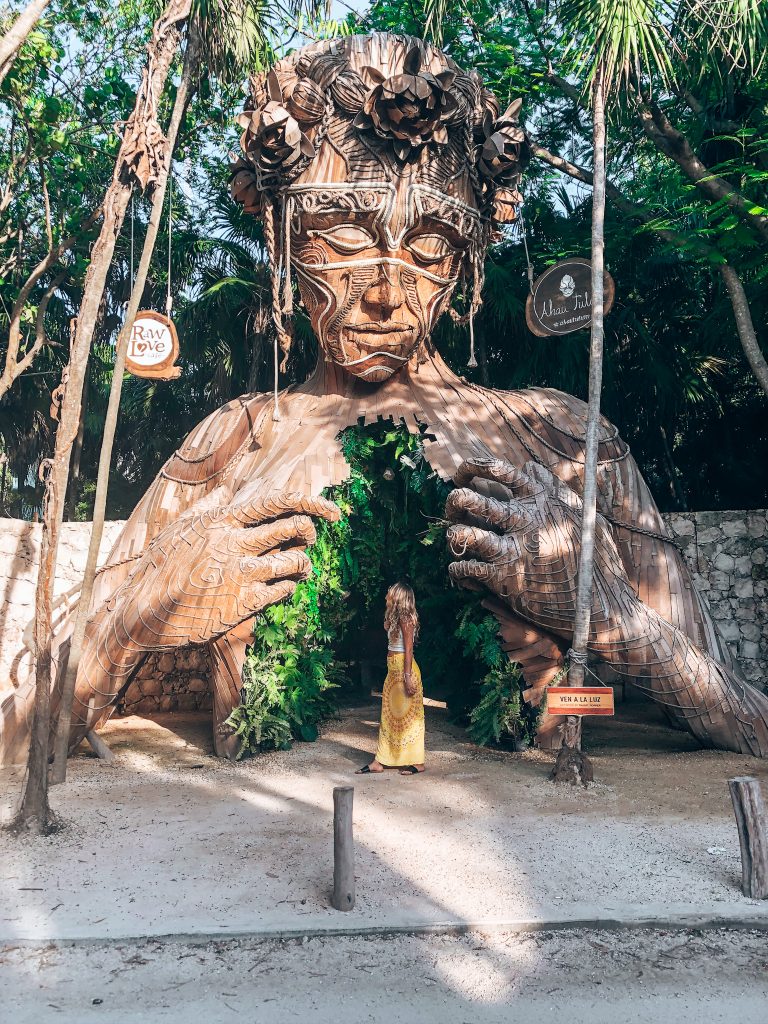
Support for local communities
There are many ways to support the local communities in the places that you are visiting, such as supporting businesses that employ local staff, buying local products, and engaging in charity work. From local food markets to artisanal craft shops, there are usually options to support local, which will help out the local community rather than shopping at big-box international brands.
Another important piece in supporting local communities is honoring the place and culture. Take time to immerse yourself in the local music, art, and cuisine. Speak to the locals, attend community events, and take time to learn about the food and activities that the local people enjoy. This will ensure you leave your travels feeling informed and fulfilled.
As travelers, we gain so much from each destination that we visit. Our mind is expanded to see the world from a new perspective. Our hearts grow by meeting new and amazing people along the way. Our taste buds experience new sensations. Our eyes are treated to natural wonders. Every time that a person ventures off on a new travel adventure, they tend to return as a new person — that’s the amazing part of traveling.
But while you will gain so much from these trips, try to make sure that the places you visit are gaining just as much in return. The first step is being conscious. Notice the practices you have while traveling, and notice the impact that they have on the people and places that you visit.
We hope that these tips can help you along your journey to be a responsible traveler!
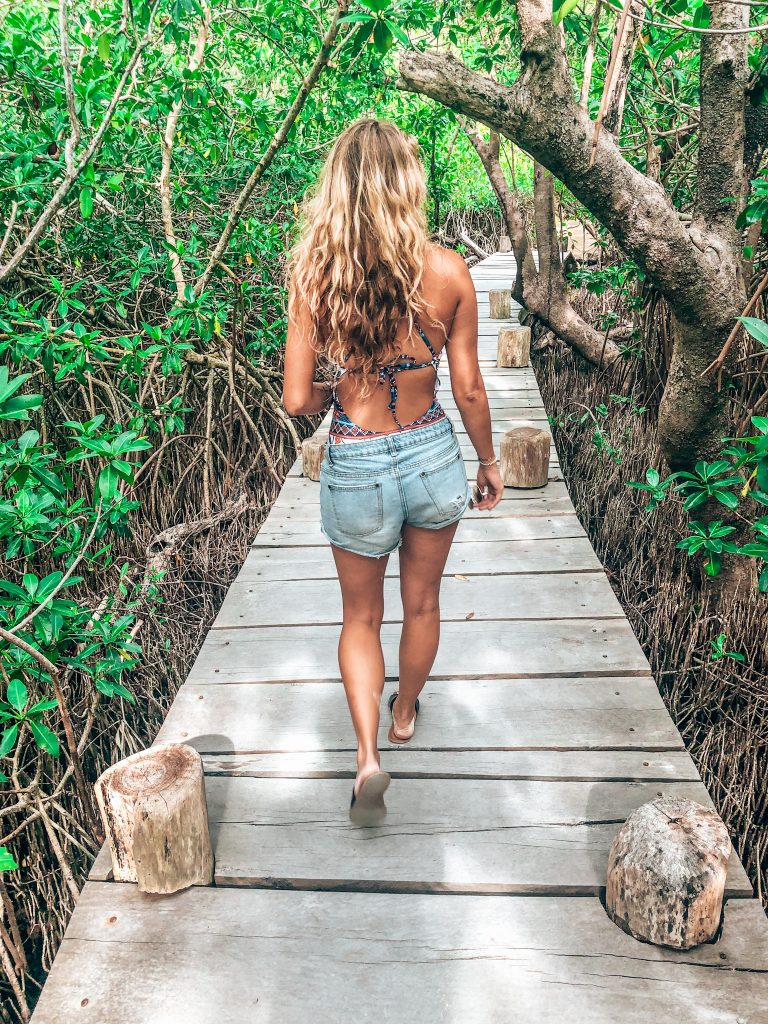
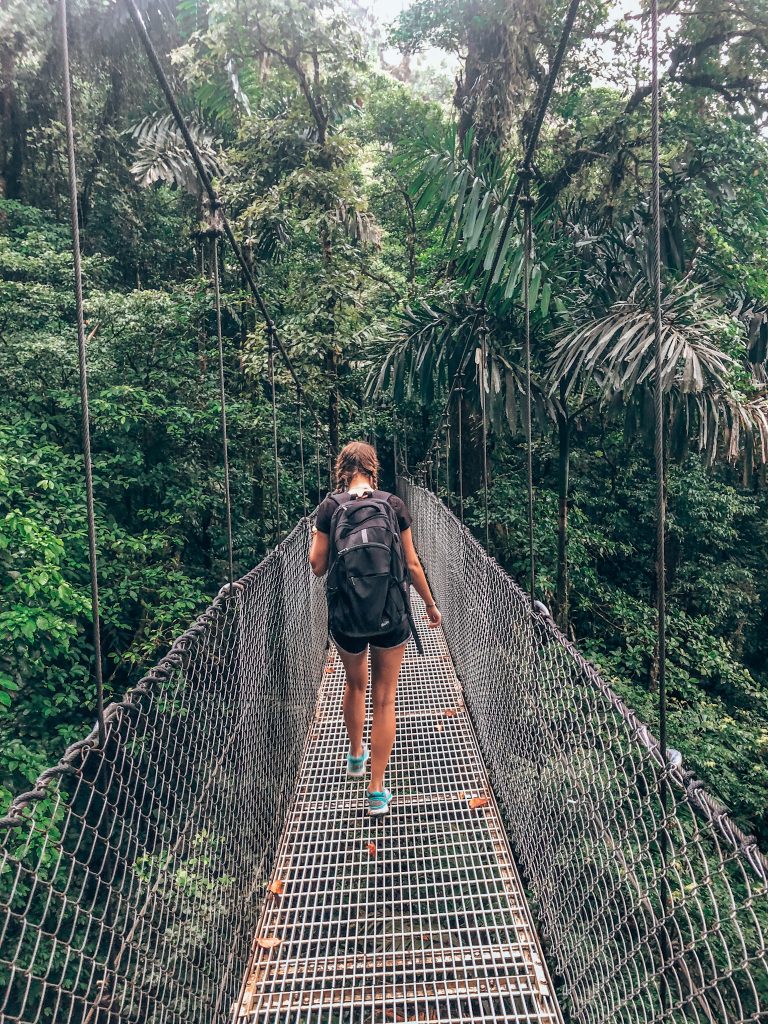
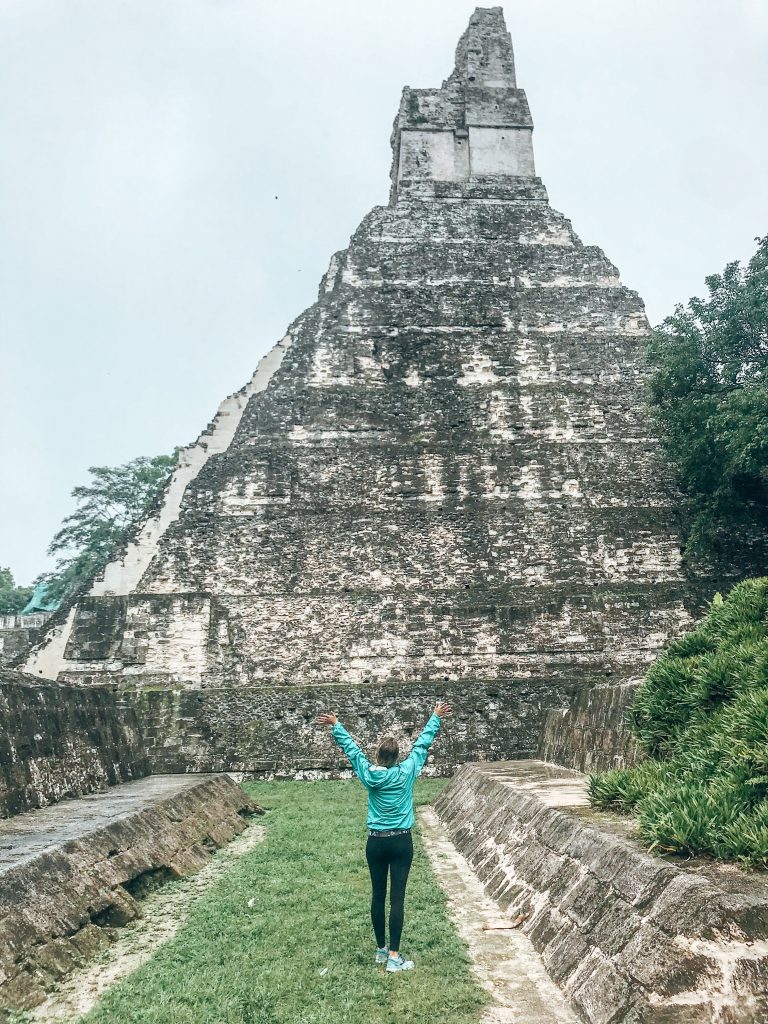
Book Your Travel to ANY Destination
Use the interactive map below to search, compare and book hotels & rentals at the best prices that are sourced from a variety of platforms including Booking.com, Hotels.com, Expedia, Vrbo, and more. Search for ANY destination by clicking in the upper left corner of this map. You can also use the filter to fine-tune your search, and find restaurants, attractions, and more!

Chelsea Wiersma is originally from a small town north of Seattle Washington, but currently living out of her suitcase! She lived in Port-au-Prince, Haiti for three years and considers it her second home. She works as a virtual assistant, social media manager, brand designer, and blogger. She loves traveling and just finished her first solo trip through Central America. Not only is she passionate about traveling and her job, but also about protecting our planet and leaving as little of a footprint as possible. Chelsea loves sharing her adventures and travel tips with others and is so thankful that she is in a position to do so.